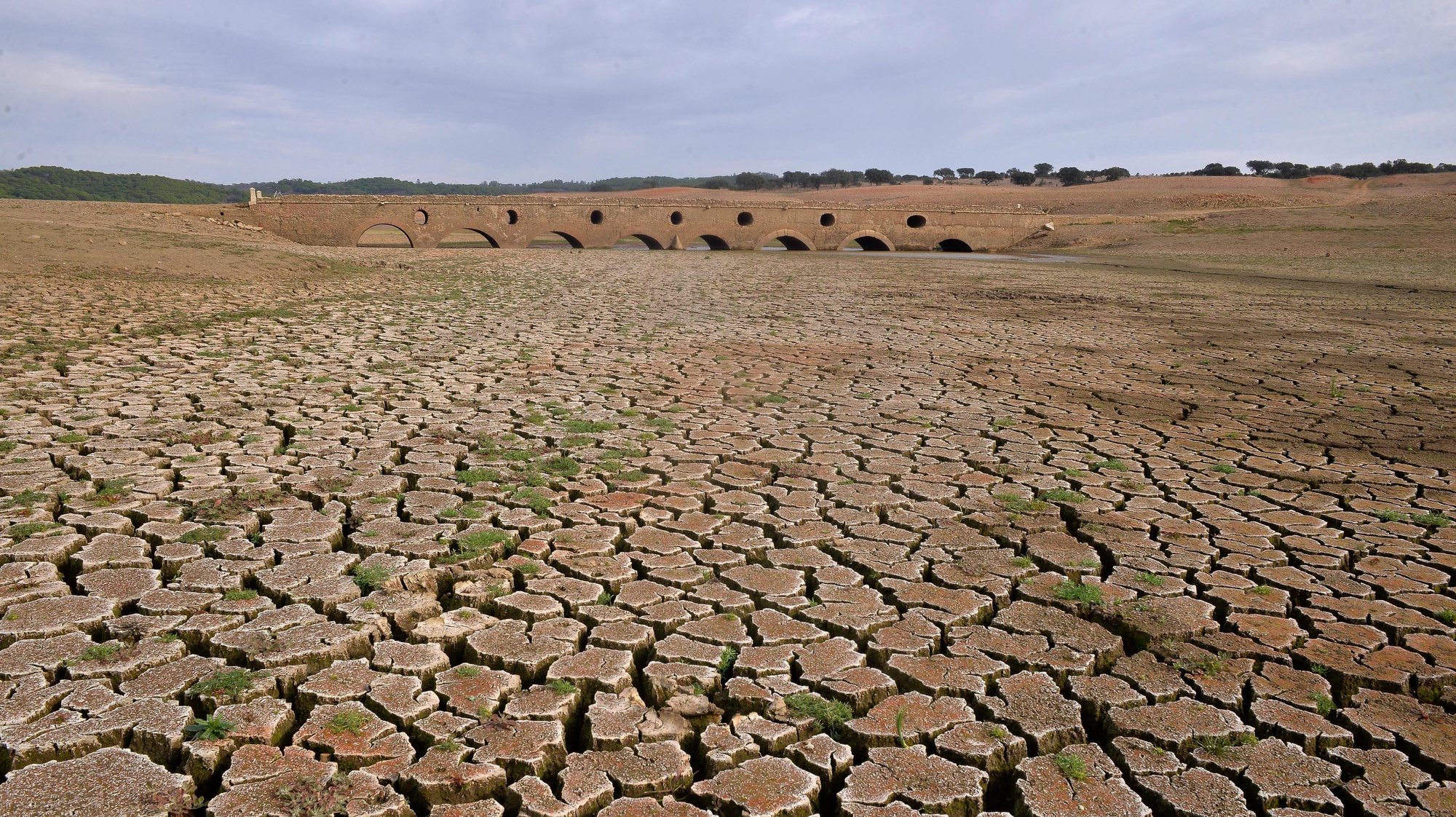A record drought that has already devastated crops across southern Africa, starved millions of people and prompted five countries to declare a national disaster is now entering its worst phase, the UN has warned.
The United Nations World Food Programme (WFP) said it expects an increase in the number of people who will have difficulty feeding themselves.
“The worst period is coming now,” Lola Castro, acting regional director for WFP Southern Africa, told AFP news agency on Friday in Johannesburg.
“People were unable to harvest anything and the problem is that the next harvest will not take place until April 2025,” said the official.
After Malawi, Namibia, Zambia and Zimbabwe, the tiny kingdom of Lesotho became the latest country two weeks ago to declare a state of national calamity due to drought linked to the El Niño phenomenon.
Other countries, such as Angola and Mozambique, could soon follow suit or report a disparity between the food they have and what they need, Lola Castro added.
According to some estimates, this drought is the worst the region has experienced in 100 years, he said.
At least 27 million people have been affected in a region where many depend on agriculture for their livelihood, Castro said from the WFP office in Johannesburg.
The drought has destroyed 70 percent of crops in Zambia and 80 percent in Zimbabwe, significantly reducing supplies and driving up food prices, the WFP official said.
“The corn is completely dry and hairy, it hasn’t grown and people are really trying to figure out what to do next to be able to feed their families,” Castro said.
Although the El Niño phenomenon is no longer in its most severe form, its effects persist.
“We cannot talk about hunger, but people cannot afford to buy adequate food or consume enough calories a day. Children are starting to lose weight, the population is starting to suffer,” added the WFP official.
WFP is encouraging farmers to plant more drought-tolerant crops, such as sorghum, millet and cassava, to cope with future dry spells.
The U.N. agency, which appealed for $409 million in aid to provide food, cash and other assistance to some six million people in the region, has so far received only about $200 million, Castro said.
Source: Observadora
